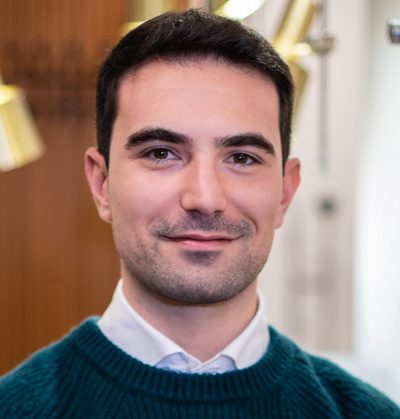[Update] Read the press release for this event.
Technological developments impact all aspects of society. Similarly, they impact the practice of diplomacy. Mediation, the process whereby a third party assists parties, with their consent, to resolve conflicts is no exception. The UN Department of Political and Peacebuilding Affairs, DiploFoundation, the Centre for Humanitarian Dialogue (HD), and swisspeace joined forces in March 2018 to develop the CyberMediation initiative to explore how digital technology is impacting the work of mediators in preventing and resolving violent conflicts.
During the conference, the CyberMediation partners will share with the audience their findings in a number of areas including social media, data for peace, and artificial intelligence and their links to prevention and the peaceful resolution of conflicts through the use of mediation. Through the different thematic panels, practitioners and experts will exchange their experience of how mediators are incorporating digital tools in their work and how they are dealing with the new challenges resulting from the development of new technologies.
Programme
The conference will take place on Tuesday, 19th November 2019, at DiploFoundation, WMO/OMM building, 7bis, Avenue de la Paix, Geneva. All times are in CET.
During this session, representatives from the CyberMediation Initiative’s consortium will present the findings and recommendations stemming from their work.
Panellists:
- Katharina Höne, Senior Researcher, DiploFoundation
- Ahmed Eleiba, Program Officer, swisspeace
- Jonathan Harlander, Acting Project Manager, Centre for Humanitarian Dialogue
-
Enrico Formica, Senior Political Officer, Mediation Support Unit, United Nations Department of Political and Peacebuilding Affairs
Moderator: Camino Kavanagh, Senior Consultant, Department of Political and Peacebuilding Affairs
During this session, representatives from the CyberMediation Initiative’s consortium will present the findings and recommendations stemming from their work.
Panellists:
- Supinya Klangnarong, former Commissioner of the National Broadcasting and Telecommunication Commission, Thailand
- Andreas Hirblinger, Researcher, Centre on Conflict, Development and Peacebuilding, Graduate Institute of International and Development Studies, Geneva
-
Antje Herrberg, Senior Mediation Advisor at European External Action Service
- Miloš Strugar, Senior Mediation Advisor and Director of the Conflux Center
- Katharina Höne, Senior Researcher, DiploFoundation
- Eleonore Pauwels, United Nations University
-
Stefania Grottola, PhD researcher, University of Geneva
Wrap-up and closing
Way forward: Enrico Formica, Senior Political Officer, Mediation Support Unit, United Nations Department for Political and Peacebuilding Affairs
Version: 18 November 2019
Registration
You are invited to express your interest in attending the conference by completing the application form. Places are limited; registration confirmations will be sent within 3 working days. Participants are responsible for their own travel and accommodation arrangements and expenses.
For more information, please contact Mr Marco Lotti (marcol@diplomacy.edu).










